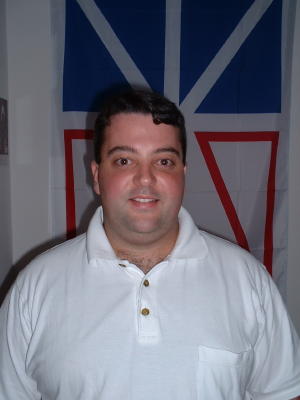Finding An Academic Position
So, one of the sessions that I attended today was entitled "Your Academic Job: Strategies for Graduate Students" and was delivered by Diana L. Gustafson of the Faculty of Medicine at Memorial University.
Here are some of my notes from the session:
- deciding on the academy: what does the average day look like?
- typical official Canadian breakdown - 40% teaching / 40% research / 20% service
- realistically teaching takes up 80% of your day
- but research productivity is biggest factor in promotion and tenure decisions
- where to find a good Canadian job
- Canadian Association of University Teachers - http://www.caut.com
- Association of Universities and Colleges of Canada, University Affairs - http://www.aucc.ca
- individual university department websites
- professional associations, such as CSSE website
- personal contacts
- creating an application package
- the cover letter
- the curriculum vitae
- letters of recommendation
- transcripts
- writing samples
- teaching philosophy
- research agenda
- teaching syllabus
- teaching evaluation
- regardless of what the the job ad says, include more items to provide a richer picture of yourself
- personalize your cover letter based upon the job ad
- use the actual language of the job ad
- Resource - Writing a Curriculum Vitae, University Career Services, University of Virginia (http://www.career.virigina.edu)
- writing samples -> book reviews and short journal research notes
- make your application stand out
- know what they are looking for
- use the job ad
- be familiar with the university
- know the department goals
- be aware of recent issues
- know the faculty composition
- understand where this job fits
- waiting time activities
- research the university
- learn about the faculty
- read faculty publications
- practice interview skills
- prepare research and teaching talks
- be ready for a call
- keep a spreadsheet of activities
- keep looking



0 Comments:
Post a Comment
<< Home